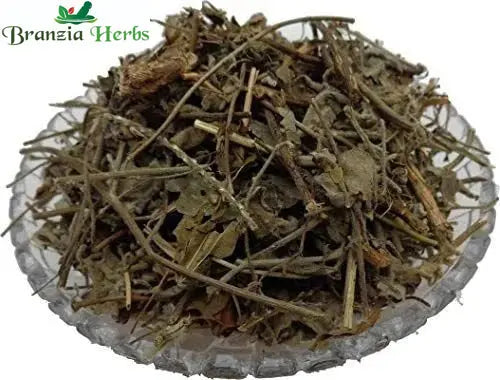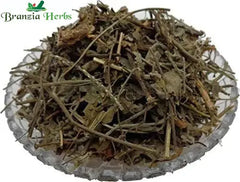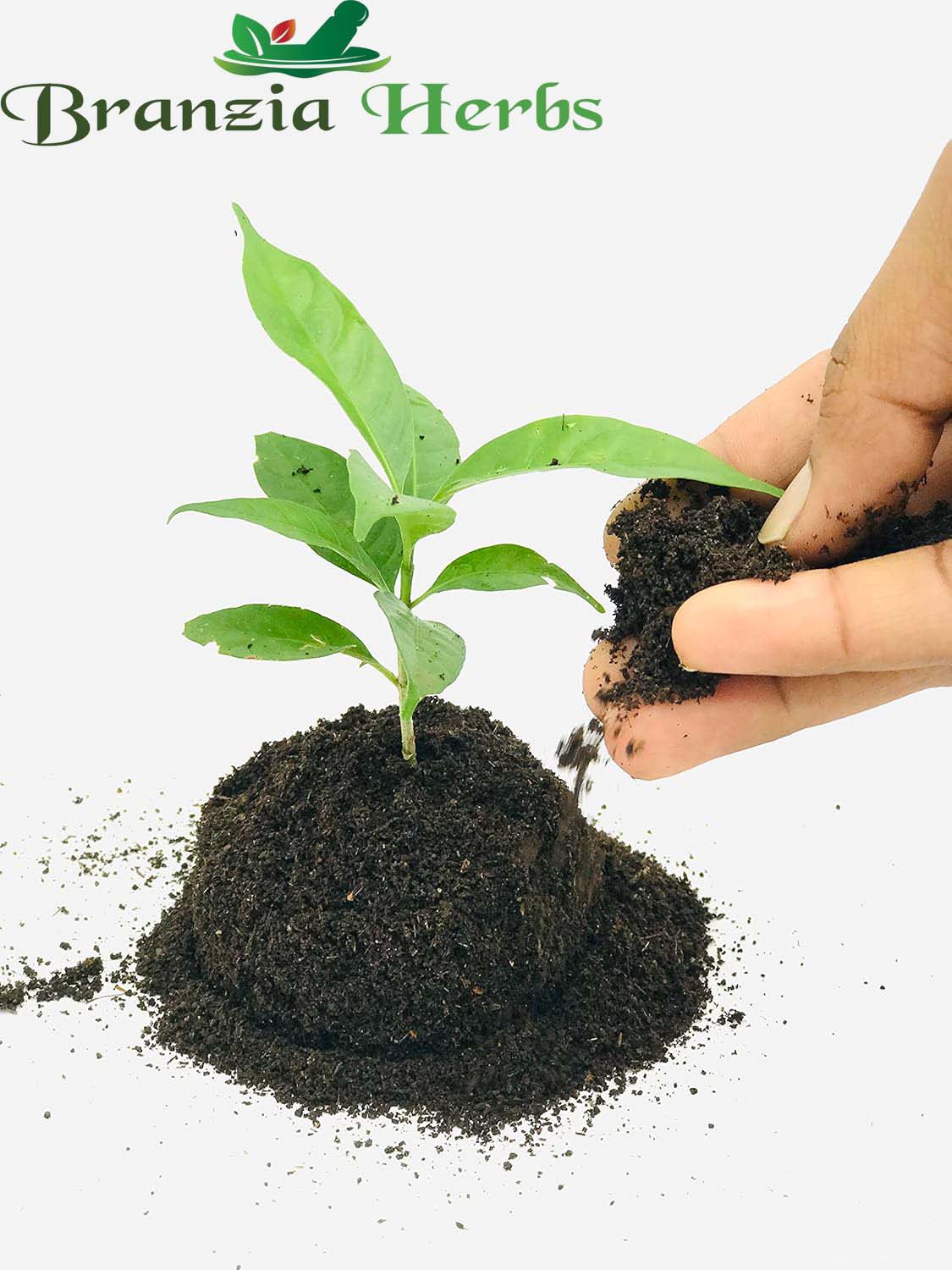

- Choosing a selection results in a full page refresh.
Available 24/7 at
+917568777778


Digestive Health:
Skin Health:
Hair Care:
Blood Pressure:
Anti-inflammatory and Antioxidant Properties:
Menstrual Health:
Infusion/Tea:
Powder:
Topical Applications:
Hair Care:
Dosage:
Pregnancy and Breastfeeding:
Interactions with Medications:
Underlying Health Conditions:
Get the latest updates on new products and upcoming sales
Thanks for subscribing!
This email has been registered!
